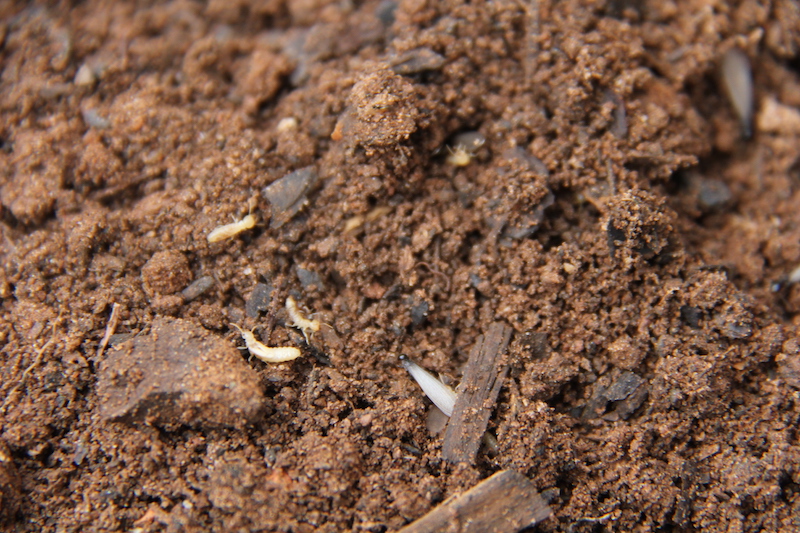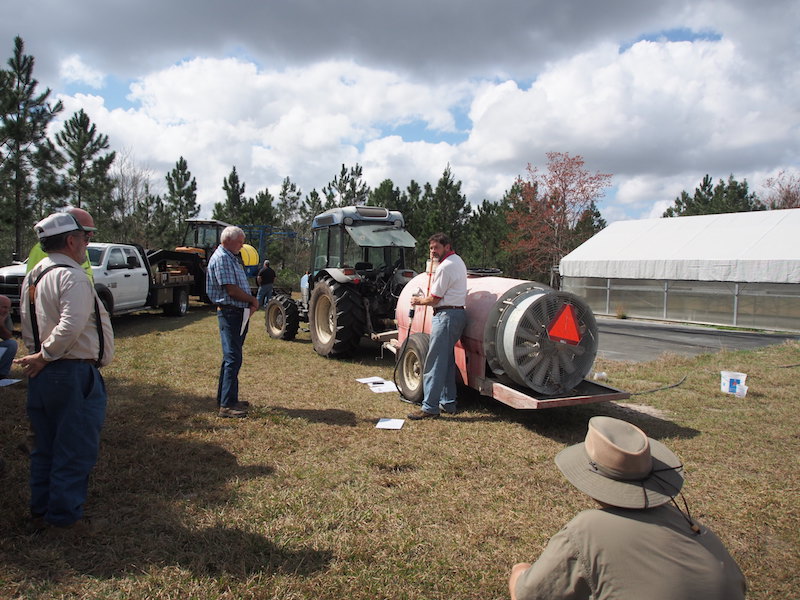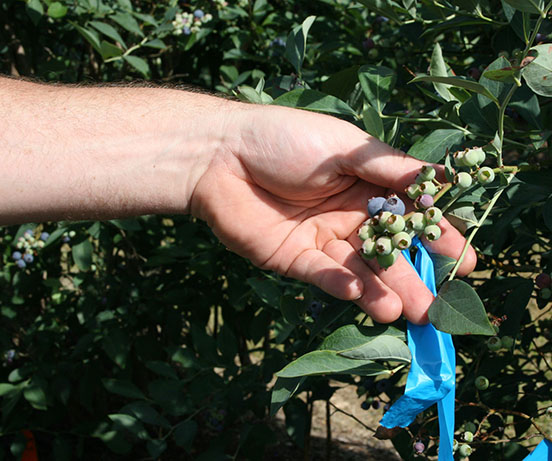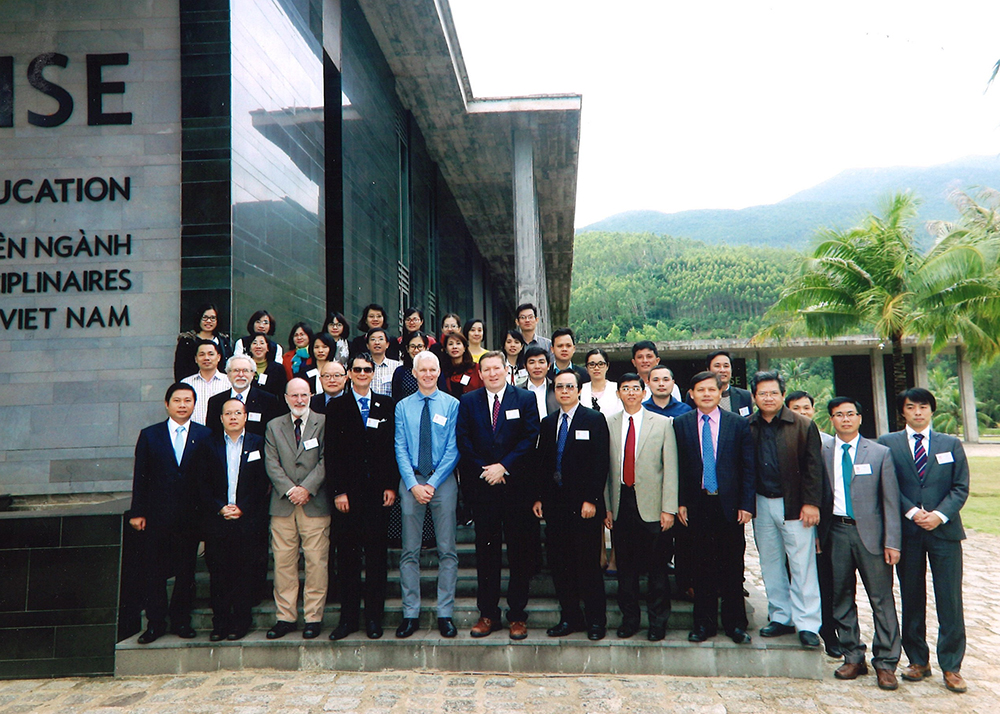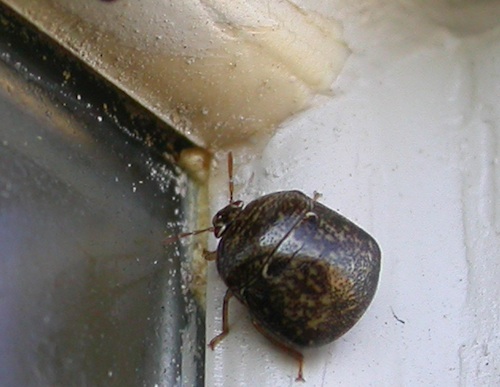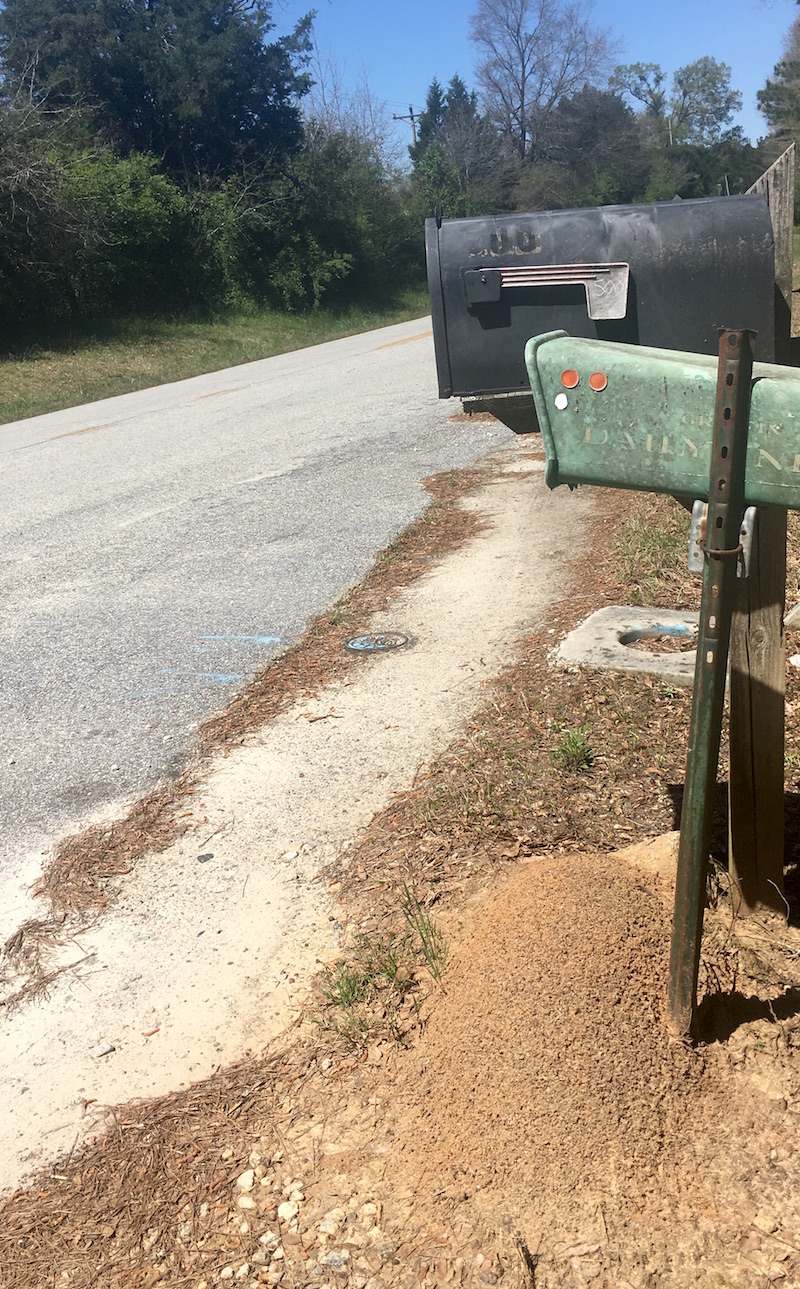 CAES News
CAES News
Fire Ant Control
Bait treatment should be applied in southern and central Georgia in April and October to eliminate existing fire ant colonies and their mounds, but reinvasion can occur any time, according to University of Georgia entomologist Will Hudson. Four to six months later, the mounds will reappear, which means homeowners should treat for the pests twice a year, about six months apart.

